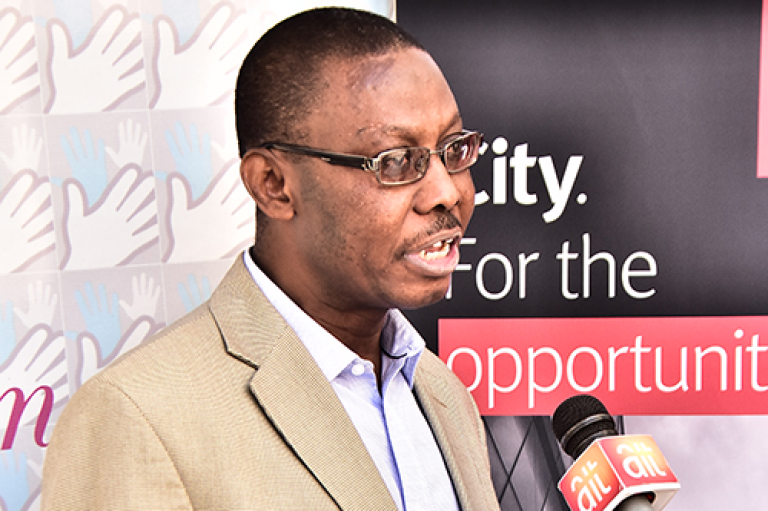Senior Lecturer in Journalism discusses Assange’s plea deal, the goal of Wikileaks and freedom of the press.
By Eve Lacroix (Senior Communications Officer), Published
Wikileaks founder Julian Assange has pleaded guilty to one count of espionage, in a plea deal with the USA which has allowed him to walk free after years of imprisonment and legal battles.
Assange founded Wikileaks in 2006, which is a website that acts as a non-profit media organisation and publisher of leaked documents. In 2010, Wikileaks shared footage of a US helicopter firing on civilians in Iraq. The US said his leaking classified documents put lives in danger.
Further documents were published on Wikileaks revealing that 66,000 civilians had been killed during the Iraq war, far outnumbering the previous reported numbers of deaths.
Another leak revealed that the US wanted to collect biographic and biometric information, such as iris scans, DNA samples and fingerprints, of UN officials.
Dr Abdullahi Tasiu Abubakar, Senior Lecturer in Journalism at City, University of London, researches conflict reporting and journalism ethics. He has delivered workshops on journalist safety in Nigeria.
Reacting to the espionage plea deal, he said:
Assange’s release came following 14 years of legal battles, relating to both his work as an editor, journalist and activist with Wikileaks, but also due to sexual assault and rape accusations.
He had sought refuge in the Ecuadorian embassy in London between 2012 and 2019, to avoid extradition to Sweden where an arrest warrant was out for him for multiple sexual assault and rape allegations.
He was finally arrested in the Ecuadorian embassy in 2019 and moved to the high-security prison Belmarsh, in London, for failing to surrender to the court over a warrant.
In 2019, an American federal grand jury indicted Assange on 17 alleged violations of the Espionage Act. Sweden reopened then ended its rape investigation. Assange claims the rape allegations were a tool to have him extradited to the US to face a trial for espionage.
In 2022, the UK ordered his extradition to the US, but his case remained stuck in appeals. In 2024, a final legal bid to stop the extradition was raised in the High Court in England and Wales.
The High Court allowed him to appeal his extradition one final time, which finally led to negotiations which saw Assange signing a plea deal on 19 June.
The High Court of England and Wales granted him bail and on Monday 24 June, he was released from Belmarsh prison and allowed to board a flight to Saipan, a tiny US territory in the Pacific, to finalise his plea deal in court.
After pleading guilty, he flew back to his native Australia where he reunited with his wife and children. Assange is expected to ask the US President for his espionage crime to be pardoned.
For further comment or analysis, please contact City's Press Office.



